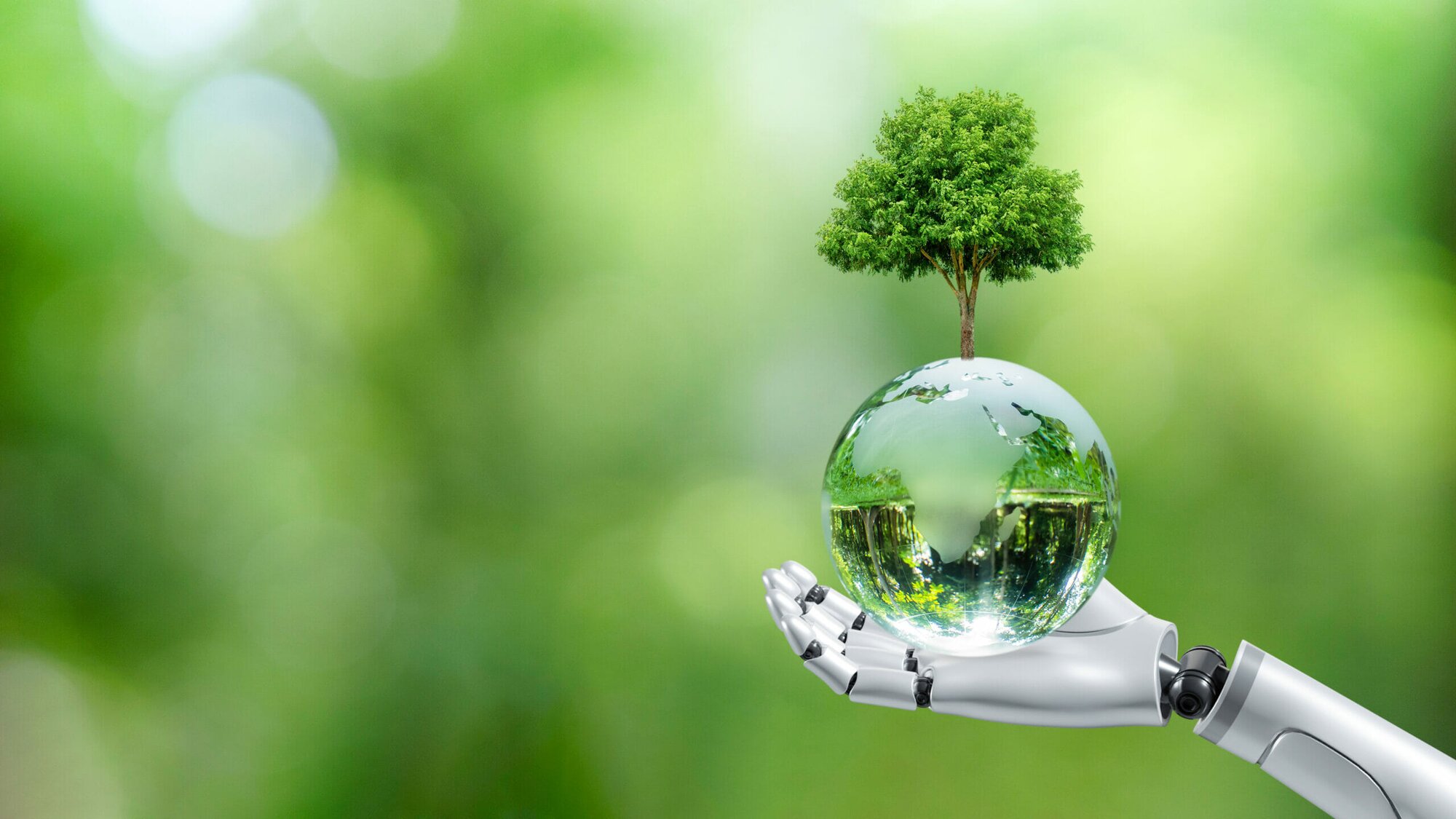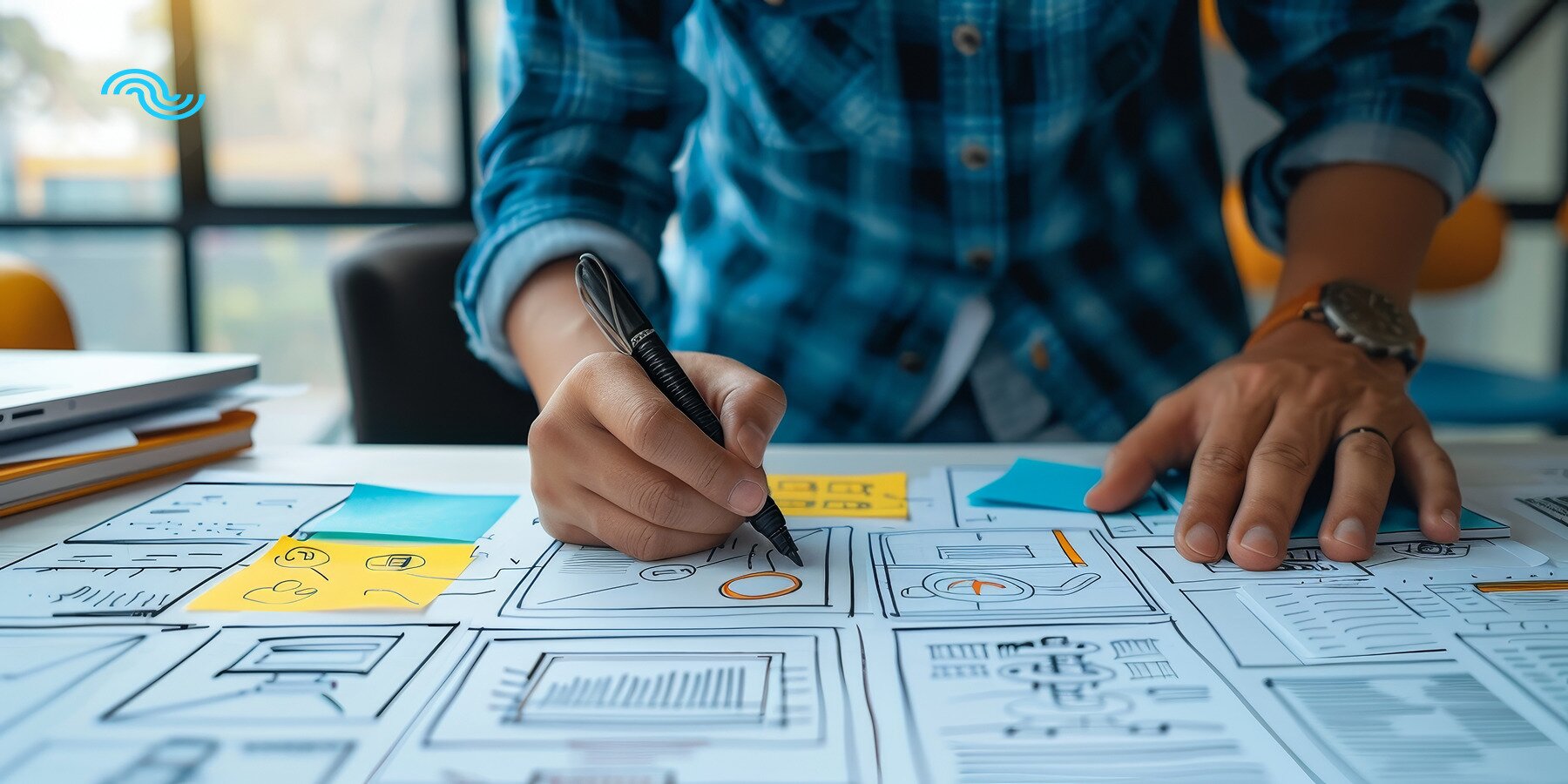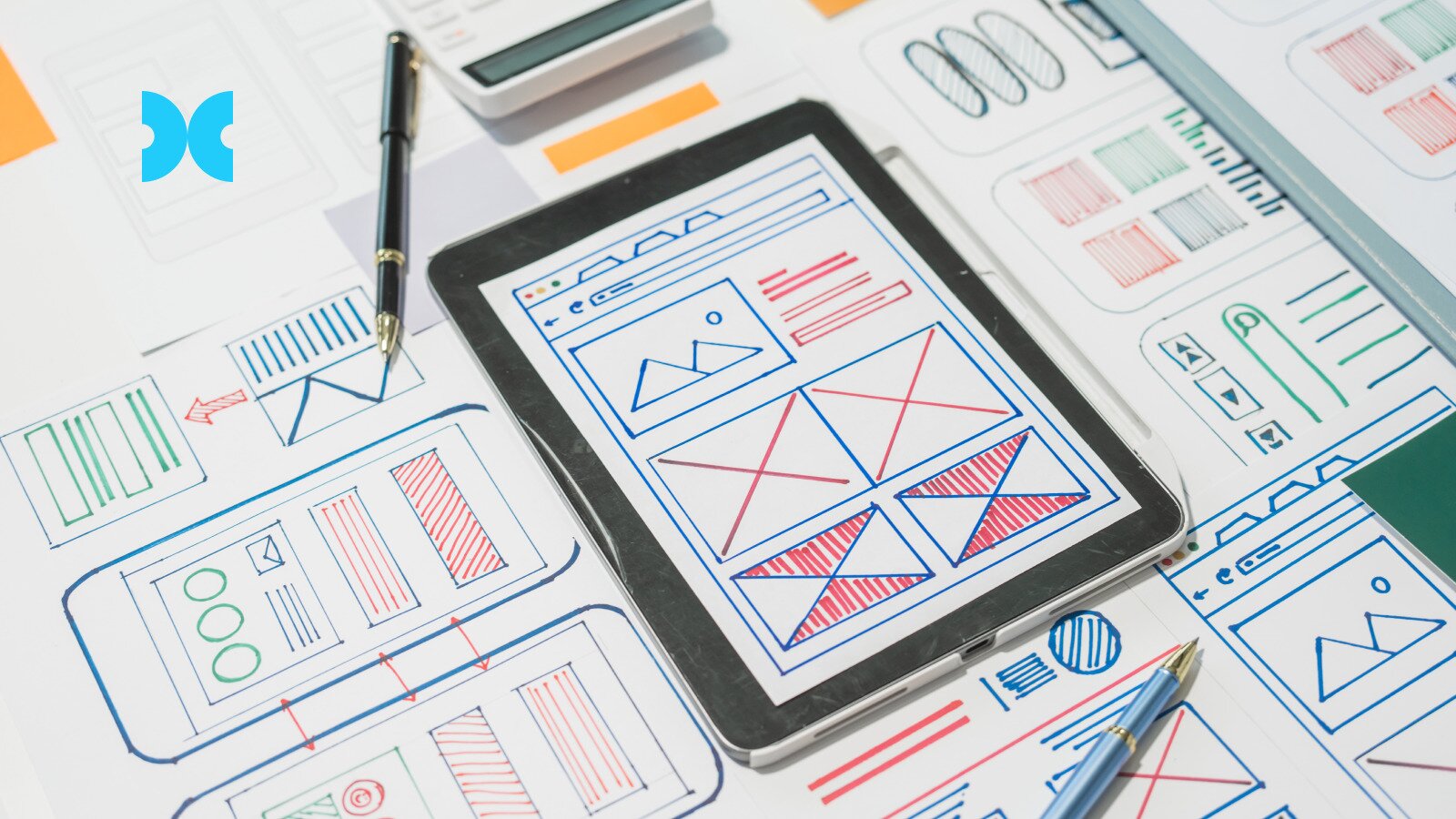In this #mtpcon London+EMEA keynote, Leyla Acaroglu, the Founder of Disrupt Design and the UnSchool, and UNEP Champion of the Earth describes how we can better understand the world’s greatest challenges by employing Systems Thinking to analyse complex relationships and design solutions that prioritise sustainable and ethical goals.
Watch the talk in full or read on for key highlights from the talk.
In brief
- Sustainability is the responsibility of all and individuals can have huge impact
- Systems Thinking allows us to better understand the complexities of huge challenges
- Redesigning the linear economy and moving to a Product Systems Model will restructure how we treat waste and stop us from perpetuating problems
- We need to address cognitive biases, embrace change and act now
Leyla begins by describing how, as a young designer she wasn't really given the tools to understand how her choices were going to have impacts on the planet. She describes how “climate change, social inequity, ocean plastic waste” are just a few negative social, ethical and material outcomes that result from economic decisions impacting Earth.
Leyla introduces the Disruptive Design Method. A method that prioritises sustainable and ethical practice, giving users the knowledge, and intent to make a system change. Leyla describes how, using this, we can “now figure out how to redesign that whole system so that we don't perpetuate the problems at play”.
Systems thinking
Next, Leyla invites us to employ Systems Thinking when approaching systemic problems. Using this, she says, we can understand the complex relationships at play. Says Leyla: “Before you look at the parts — it's about the whole”. This “shift in mindset […] helps us to develop a more dynamic and robust understanding.”
She outlines how, in combination with the Disruptive Design process, Systems Thinking has us “mining the problems, landscaping the solutions to systems thinking and then building the solutions through you know, understanding the complexity”.
Of course, approaching huge global problems is daunting but Leyla emplores us to acknowledge our own responsibility, stating: “you can't just keep telling us that everybody else in the system is to blame. Because actually, when you look at it from a systems thinking perspective, there is no blame. Everything is interconnected. Everything relies on something else in order to exist”.
Instead, she says, a “holistic and dynamic perspective” is key to solving these big problems of our time. She encourages us to understand the dynamics of the system first before approaching the problem with a solution. By doing this we are “avoiding blame, avoiding deflection”, which are the tools of inaction and manipulations of the narrative of sustainability proffered by the companies funding greenwashing campaigns, or focussing the narrative around climate change initiatives on purely energy, or “what we should and shouldn’t do”.
An economic redesign
Sustainability, Leyla explains, is about figuring out how to make sure that we harmonise the social, economic and environmental impacts of our actions rather than just prioritising the economic. She highlights how our current “linear economy” is based on the transfer of natural resources to sellable goods, behaving as if the “planet is a machine” which has led to “industry 4.0. We've got resource scarcity, which is a genuine issue”.
“One of the key things we need to figure out right now is how to redesign the economy” Leyla continues, proffering “the idea of the circular economy is to essentially design waste out of the system by ensuring that products, whatever they are physical or not physical, are designed right from the start to minimise their negative impact”.
Disruptive decisions
In order to promote a circular economy, we must prioritise ethical and sustainable decisions, which are key to Disruptive Design. Leyla explains how they force us to do away with the “dark side of design” and acknowledge our work as a series of intentional decisions. For example, driving change in an organisation, or interrogating biases, even while “you may not be the individual who gets to make that choice about whether or not there is a manipulative system in your software”.
Cognitive biases, Leyla says, create patterns of behaviour, such as inaction, caused by an “optimism bias”, which tells us everything will be okay, so why act now? While ethical biases become embedded in our products and constrain our teams to those of our own social, racial, political and ideological appearance, “designers create things for people like themselves. And because we still lack a lot of diversity, gender, race, you know, all different types of diversity in the design sector, unfortunately, we keep getting the same kinds of products back to that systems thinking, there's an opportunity for us to disrupt that”.
Changing our impact
As with biases, we must acknowledge the negative impact of our work can have on the world around us. “I'm a little sick of the internet, no offence or anything,” Leyla says as she urges us to remember that the internet is far more physical than we often think. For example, she says, "the information and communication sector is about 2% of global carbon emissions right now, and the estimation is that it could get as high as, as 20% if we don't change the current practices of how we design our technology and our systems and how we power our servers”.
She introduces “lifecycle thinking” which looks at the full picture perspective of the things we build and their impact from start to finish. Just “like the system's thinking helps us think through all the stages so that we can avoid this very annoying thing that happens had unintended consequences”. She references the rise of technology and resultant electronic waste, which is calculated at 50 million tonnes per year.
Changing the way we work and holding ourselves accountable to creating a Product Service System Model, puts responsibility on the producer, rather than the user to “design a fully closed system”, imploring product people to take charge and “have an amazing impact”.
Leyla says: “These are all the elements that we can build into these tech-enabled systems that help us create closed-loop fully sustainable and regenerative products and services that we can lead happily into the future”.
Rethink and reframe sustainability
In closing, Leyla encourages us to rethink and reframe sustainability, understanding how it's all our responsibility — “something we need to integrate into the DNA of everything we do, because ultimately, the challenges that are in front of us and not just climate change, or the next pandemic.”
The process, she says, can be both enjoyable and valuable for businesses and individuals, “as individuals, and we as designers have the power and capacity to change the world and I truly believe that if you don't change this decade, if companies do not take this on, that they won't see it into the next decade. And I also truly believe that we have the ability to design a better future. And the reason we should do it is because we live in fucking magic”.
Explore more #mtpcon video content






